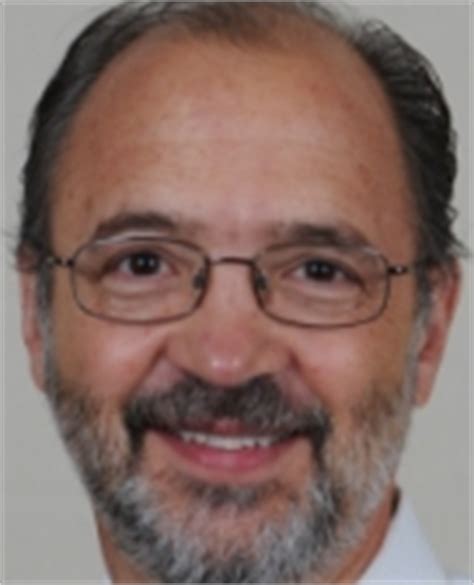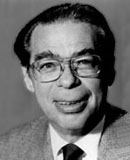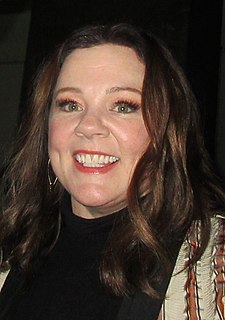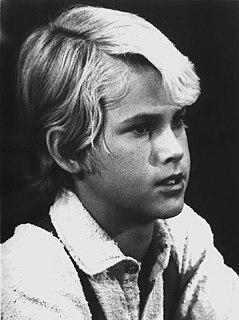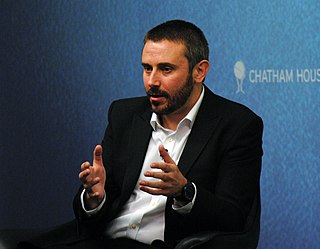A Quote by Walt Disney
We like to have a point of view in our stories, not an obvious moral, but a worthwhile theme. ... All we are trying to do is give the public good entertainment. That is all they want.
Quote Topics
Related Quotes
A good piece of fiction, in my view, does not offer solutions. Good stories deal with our moral struggles, our uncertainties, our dreams, our blunders, our contradictions, our endless quest for understanding. Good stories do not resolve the mysteries of the human spirit but rather describe and expand up on those mysteries.
I think there's so many points of view that you want to make sure your stories are being told from men and women... you get all of the different backgrounds. You don't want every story being told from the same point of view. So just for better storytelling, I'm like, 'Yes, please, bring some more ladies on.'
I think everybody comes to the table with a different point of view and a different need...A lot of Beverly Lewis' material revolves around secrets and bringing those secrets to light. So, you know, there's always that theme, that...we're as sick as our secrets and once they're revealed we can be set free from them. So, that's definitely a theme that resonates.
[On how she goes about trying to live authentically] Well really listening to my point of view and if I am on a set, say, that doesn't really value a woman's point of view, regardless of how they feel, continuing to give my point of view and try to find a way to be heard and not diminishing myself because other people are diminishing me. Because that, I think, is the worst temptation that, you know, you judge yourself by how others are judging you, and to fall into that trap is to walk into the realm of self-annihilation.
The first week I was in Iraq, I said, "This is what I want to do. I want to be a reporter and to tell stories of people whose stories would not be told if we don't gather them." It's part of what I think of as the one-two punch of journalism. You're trying to give voice to the voiceless, and then you're also trying to hold those in power accountable, regardless of what party they're in.



